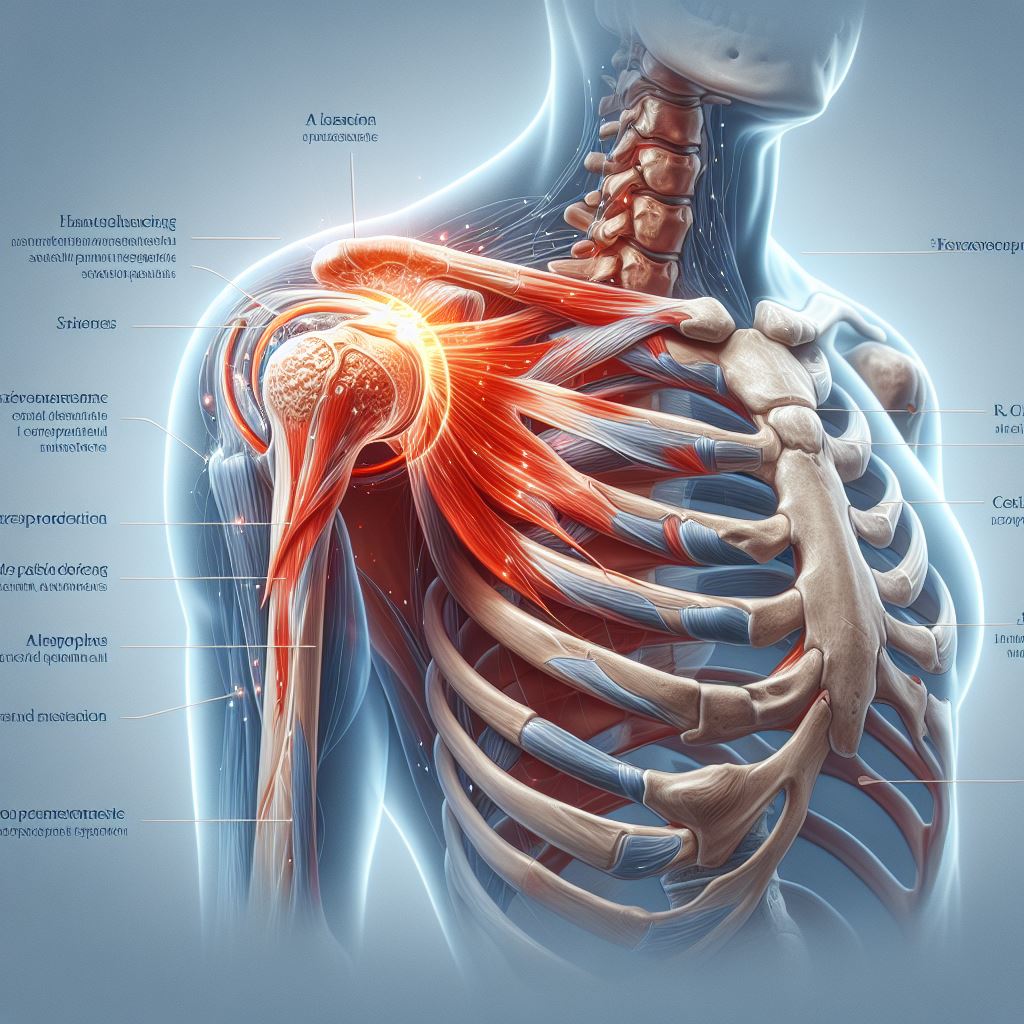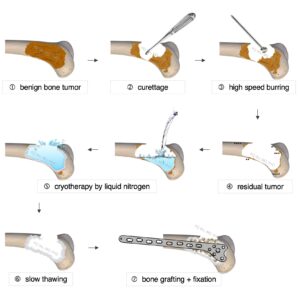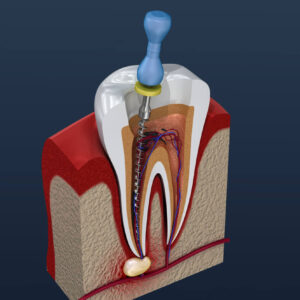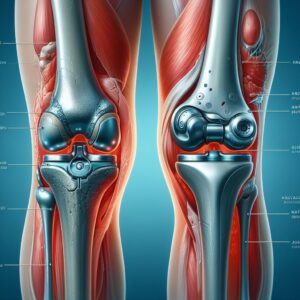Description
Familiarity with Treatment:
Sports medicine shoulder surgeries encompass a variety of procedures aimed at addressing shoulder injuries and conditions commonly encountered in athletes and active individuals. These surgeries are designed to treat issues such as rotator cuff tears, labral injuries, shoulder instability, and impingement syndrome to restore shoulder function and alleviate pain.
Procedure:
Common shoulder surgeries in sports medicine include:
- Rotator Cuff Repair: Involves repairing a torn rotator cuff tendon to restore shoulder strength and function.
- Labral Repair: Aims to repair a torn labrum, which is the cartilage rim surrounding the shoulder socket, to stabilize the shoulder joint.
- Shoulder Stabilization: Procedures such as Bankart repair or capsular shift are used to address shoulder instability and dislocations.
Who Is It Suitable For?
Sports medicine shoulder surgeries are suitable for individuals with:
- Acute or chronic shoulder injuries sustained during sports or physical activities.
- Rotator cuff tears, labral tears, shoulder instability, or impingement syndrome causing pain, weakness, and limitations in shoulder function.
Who Is It Not Suitable For?
These surgeries may not be suitable for individuals with:
- Advanced arthritis or joint degeneration that may require more extensive interventions like total shoulder replacement.
- Certain medical conditions or factors that increase the risks associated with surgery, such as uncontrolled diabetes or heart disease.
Advantages:
- Restoration of shoulder stability, strength, and range of motion.
- Alleviation of pain and symptoms associated with shoulder injuries, enabling individuals to return to sports and physical activities.
- Advances in arthroscopic techniques have led to smaller incisions, reduced tissue damage, and faster recovery times compared to open shoulder surgery.
Complications:
Potential complications of sports medicine shoulder surgeries may include:
- Infection at the surgical site.
- Stiffness or frozen shoulder.
- Nerve or blood vessel damage.
- Persistent pain or weakness in the shoulder.
Preoperative Care:
- Patients will undergo a comprehensive evaluation of their shoulder injury, medical history, and physical condition to assess their suitability for surgery.
- Preoperative imaging, such as MRI scans or CT scans, may be used to assess the extent of the shoulder injury and aid in surgical planning.
Postoperative Care:
- After shoulder surgery, patients will receive specific instructions regarding pain management, wound care, and rehabilitation exercises.
- Physical therapy and structured rehabilitation programs are often recommended to regain strength, mobility, and function in the shoulder.
- Gradual return to sports and physical activities will be guided by the surgeon and rehabilitation team to minimize the risk of re-injury.






Reviews
There are no reviews yet.